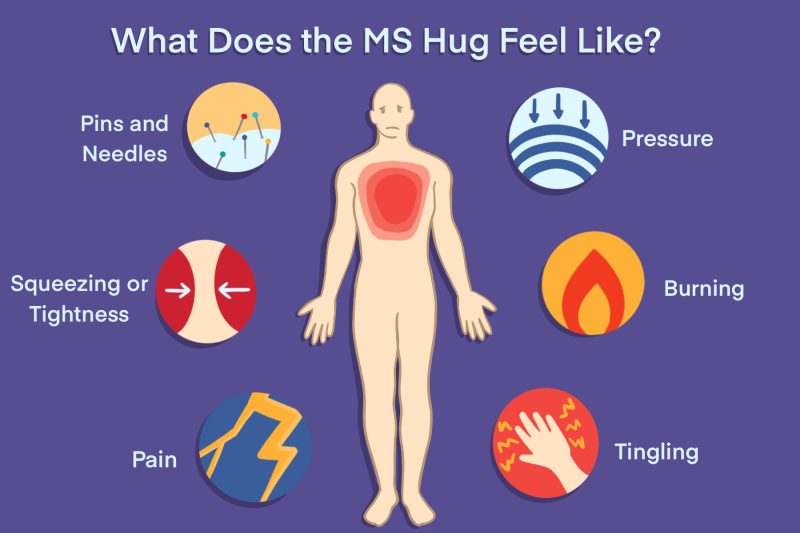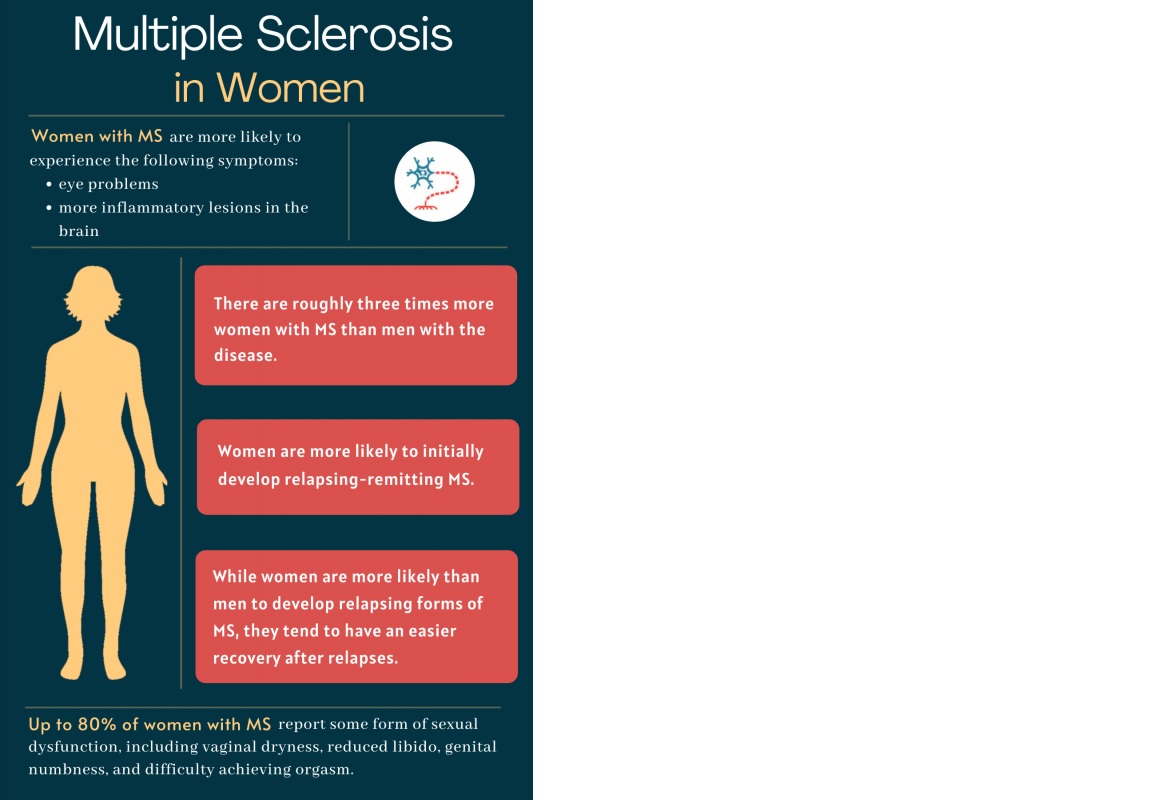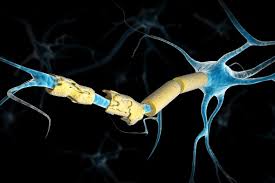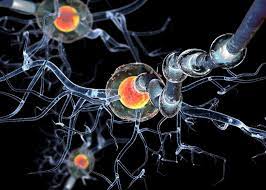The difference the Clemastine-combo made
The daily use of the antihistamine Clemastine together with Clucophage made a huge difference in the life of a woman who was diagnosed with MS.
Henriette Lamprecht – It was during the Covid-19 pandemic her doctor read an article on the daily use of the antihistamine Clemastine together with Clucophage which could possibly cure the scars of patients with multiple sclerosis (MS). Liezl (not her real name) who lives with MS, decided to take the chance in June 2022 and in the first three months already experienced a “definite change”.“I didn’t have any pain what so ever. No headaches which I used to have on a daily basis, I slept better and have since I started a year ago, didn’t have any relapse.”
The tablets are also without any dyes, which means no negative effects on her body, while her MRI-scans of before and after she started with the combination, shows a “huge difference”.
“Novecy pharmacy managed to track down the Clemastine overseas. By that time it didn’t have a nappi code, but I suspect this has since changed. I bought stock for six months at a time and it is not that expensive.”
Liezl was used to running and jogged 5 km every morning, but in January 2015 things changed. Suddenly she didn’t have any strength in her legs and couldn’t even manage to at least try running just 400 metres.
“The next day I tried cycling, but again I couldn’t manage and had no balance,” she explains.
On day 3 Liezl realised something was seriously amiss when she started feeling needles and pins in her limbs, together with serious pain and a “dead feeling”.
“When I would put my chin on my chest or tilt my head backwards, an electrical shock would run down my spine.”
What followed was numerous blood tests which “frustratingly turned out normal” until Liezl finally had a MRI scan of her spinal cord and brain.
“The radiologist saw the scars and suspected it was Multiple Sclerosis (MS)”.
In May the same year, Liezl went to see her neurologist in Cape Town who put her on a regime of one Avonex injection per week.
“This made me quite ill. If I had the injection on a Friday evening, I would be in bed the whole weekend.”
Seven weeks after she started with the injections, Liezl developed severe adverse effects and allergies. This included chills and a ‘Rosalia’-like rash covering her whole face and neck, while the scores of her liver function also rose.
“I had to stop the injections and took meds to get my liver back to normal.”
Liezl then started with a Betaferon-injection every second day. This time there was no side effects, but things would change again when the Covid-19-pandemic hit.
“Suppliers couldn’t get their permits renewed to get injections from South Africa. I had to contact my neurologist in South Africa again to get another product.”
In May 2020 she started getting Rebiff 44MCG injections three times a week, a regime which continues until this day and thankfully without any side effects.
After attending a lecture by an American dietician invited by MS Namibia on eating habitats, Liezl was treated by her for two years.
It involved drawing blood and sending it to a lab in Poland to see which foods caused inflammation.
“Apart from my diet, I also had to avoid certain dyes. This meant I also had to change my toiletries like my toothpaste, roll-on and body spray. I also don’t take any tablets that have dyes in them, while the pure water I drink, also changed.”
Liezl also hugely benefitted from the book Go Natural – Wisdom for healthy living by Johan Jacobs who also has MS. – [email protected]
STATS
MS hug triggers
• fatigue
• stress
• changes in temperature
• eating a large meal
• being ill or otherwise unwell
Did you know?
Hug
The MS hug usually involves sensations of tightness or squeezing around the chest or abdomen.
Health tip
Try relaxation and breathing techniques.
Health precaution tip
Use complementary and alternative medical approaches like acupuncture or aromatherapy







